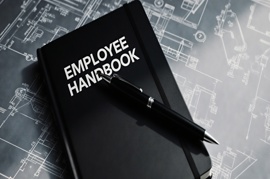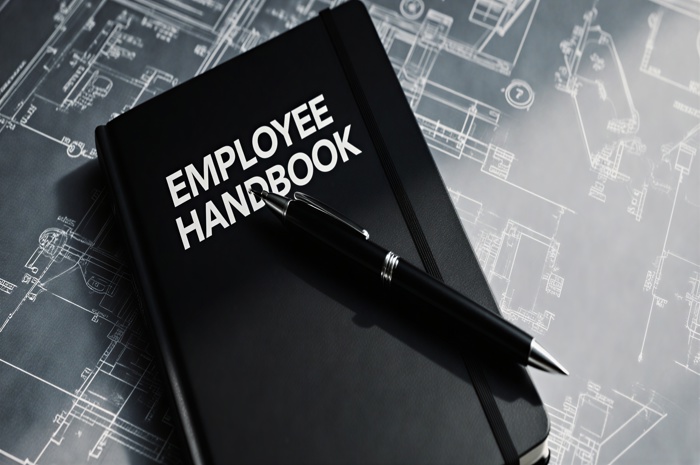Starting and managing a business for the first time can be both exciting and overwhelming. Many new entrepreneurs face similar obstacles, ranging from inadequate planning to limited business acumen and poor decision making. These challenges often stem from inexperience and a lack of preparation. In this article, we will explore some of the most common mistakes new small business owners make.
UK Small Business Statistics
Before we begin exploring the most common mistakes new business owners make, it is important to first understand the business landscape in the UK.
- At the start of 2025 there were 5.7 million private sector businesses, with roughly 5.64 million of these being classified as small.
- Small businesses accounted for 47% of employment in the private sector and accumulated a total turnover of roughly £1.9 trillion.
- Between 2024 and 2025, the total business population in the UK increased by 191,000 (3.5%)
- The construction industry has the highest number of SMEs, accounting for 885,000 businesses, or roughly 16% of the total.
- London has the highest concentration of SMEs per capita, with 1,367 businesses for every 10,000 adults.
5 Common Mistakes
Running a business involves making mistakes - even the most experienced entrepreneurs are not immune. What matters is recognising the potential slip ups and taking steps to minimise them. Mistakes can put a dent in your confidence, but most importantly, they can lead to financial consequences, jeopardising your business. Below, we outline five of the most common mistakes to watch out for.
1. Failure To Manage Cash Flow
Poor cash flow is one of the main reasons small businesses fail, often causing missed payments, lost opportunities, and unnecessary stress, even if the business is profitable. Research shows that many companies collapse simply because they cannot pay debts on time.
To prevent these issues, business owners should identify where their money is tied up, such as unpaid invoices or excess stock. Your business will need to find ways to boost profitability and liquidity. Effective cash flow management includes budgeting, forecasting future flows, setting aside reserves for emergencies, and monitoring the balance between income and expenses. Maintaining control over cash flow is essential for growth and long term success.
2. Leaving Filing Obligations To The Last Minute
A frequent mistake among business owners is leaving annual filing obligations until the last minute, which often leads to unnecessary stress and potential late filing penalties. Late submissions will harm your businesses finances and reputation, as HMRC and Companies House enforce strict deadlines, even being late by a single day can result in penalties.
To avoid this, it is best to manage your accounts throughout the year by keeping financial records up to date. Mark key dates in your calendar, set reminders, and prepare returns early to handle any unexpected issues. Using approved tax filing software such as Easy Digital Filing can make the process smoother and ensure timely, accurate submissions.
3. Insufficient Planning
Many new business owners look over creating a proper business plan, instead focusing on the more exciting aspects of launching a business. However, this can be a major mistake. A business plan is a roadmap for success, outlining your goals, strategies, target market, competition, and any potential challenges. It helps outline your vision and ensures you stay focused on the core principles of the business.
To avoid this pitfall, you must create a clear and versatile business plan that includes regular reviews. Use it to track progress, anticipate obstacles, and guide your growth at a reasonable pace. A solid plan keeps your business focused and prepared for any unexpected changes.
4. Trying To Do It All Yourself
Many small business owners try to handle everything themselves, especially in the early stages. However, taking on every role can quickly lead to burnout and mistakes. Outsourcing tasks such as admin, customer service, or marketing can be seen as an investment, rather than just an expense. It will allow you to focus on what you do best.
Finance is one area where expert help is especially valuable. While accounting software makes it tempting to manage your books yourself, this could lead to reporting errors. Using a filing service or accountancy service to review your figures, manage tax returns, and suggest improvements can save you time, stress, and money.
5. Growing Too Fast
Growing too fast is a common trap. Whilst this may sound like great news for a new business, when things pick up, it’s easy to want to jump on every opportunity, but rushing can hurt the quality of your product or service. Take your time to plan, invest wisely, and grow at a pace you can handle. Overpromising could end up hurting your reputation and your small business in the long run.
It will be tempting to say yes to every customer, but it is best to be picky and focus on what you know best. This way, you can achieve more without stretching all of your resources.
How Do I Set Up A Business?
As a new business owner, incorporating your company is an exciting first step. It officially makes your business a legal entity and hopefully sets you up for success. Below is a quick guide which will outline the key steps when trying to incorporate.
1. Choose A Company Name
You must ensure that the company name you have selected has not already been taken by another business. This can be done by using our company name checking tool.
2. Decide Who The Company Directors Are
After deciding on a name for your company you must appoint a director. A director will manage the activities and finances of the business, ensuring all required filing is completed correctly and by the deadlines.
3. Prepare The Relevant Documents
Memorandum of Association - A legal statement signed by all the initial shareholder or guarantors agreeing to form the company. This must be delivered to Companies House.
Articles of Association - A document that details the rules governing a company's operations and outlines its purpose.
4. Register With Companies House
You will need to register an official address and select a SIC (Standard Industrial Classification) code - this identifies what your business does.
5. Register With HMRC For Corporation Tax
You should add Corporation Tax services to your account as soon as you begin trading. This covers activities such as buying, selling, advertising, renting property, and employing staff. For more details on how to activate your Corporation Tax service, click here.
Looking For Further Information?
Hopefully this article has helped clarify the key business mistakes to look out for as a new business owner. For more information on topics related to running your small business, feel free to explore our Knowledge Base. If you are looking for any further information, do not hesitate to contact us.





















